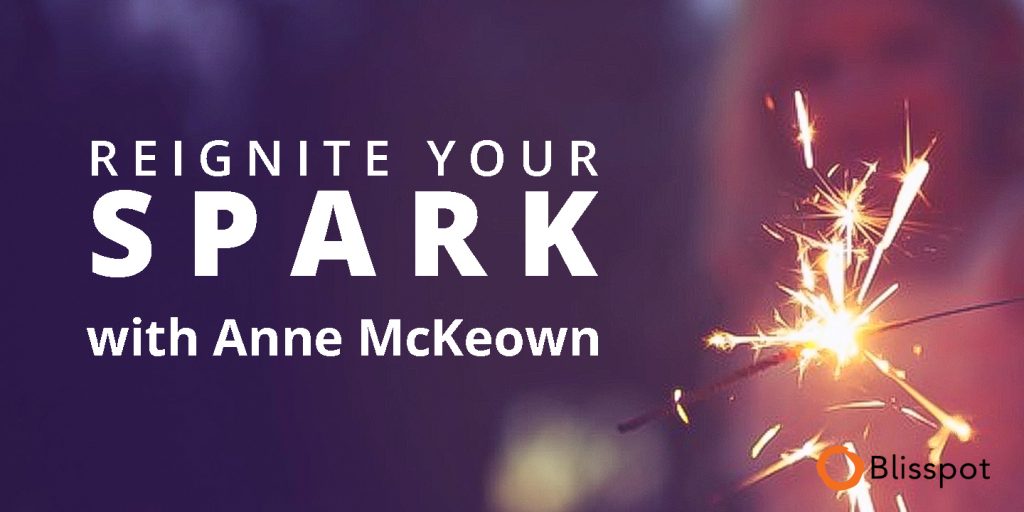What is Resilience?
People often think that resilience is about being tough and bouncing back easily from traumatic or difficult situations, but I believe resilience is the ability to navigate life, adapt to change, learn through adversity and understand your feelings and emotional responses to new situations.
Resilience is a mindset. Resilience is an evolving way of being. Resilience can be learned.
Awareness
Understanding yourself and how you react in the world will help you build resilience.
Improving your self-awareness means that you will understand your needs better, and be able to communicate those needs clearly in your workplace and at home.
Journaling is a great way to highlight self-awareness. Benefits of self-awareness include:
- Ability to set attainable goals
- More optimism
- Honesty with self and others
- Feeling happier and more content
- Less guilt and remorse
- Clear decision making
- Seeing opportunities over setbacks

Vision
Your vision is not just about your career or just about your relationship but your life as a whole, your family, friends, where you live and what you do with your time. Understanding what is important to you helps you manage and put into perspective any stressors in your life. Working for a company or organisation that is aligned with your personal vision makes for happier work life and a more meaningful job.
Energy & Motivation
Energy and motivation are about managing your stress levels and understanding your personal motivators.
Stress is the body’s response to a perceived threat or danger, this automatic response served humans well when we lived in caves and were faced with life-threatening situations on a daily basis. But today we are still having the same emotional and physical responses to situations that are non-life-threatening and much more frequent.
Taking some technology-free quiet time for yourself every day, exercising, getting enough sleep, connecting with friends and family, breathing exercises, mindfulness and getting out in the fresh air are all great ways to start reducing your stress.

The positive side of stress is motivation. Wanting to do a good job, get a promotion, lose weight or run a marathon are all driven by the same stress responses. Healthy amounts of stress keep us motivated.
Motivation is a mix of motives (why you want to do something) and action.
Mindful Practice
A daily mindful practice is an essential part of improving your resilience. Mindfulness will help each one of the 4 aspects of a resilient mindset, wellness, awareness, vision and energy & motivation. A mindful practice can include silent meditation, guided meditation, progressive relaxation and being mindful when doing everyday tasks.
Resilience is something that every person should be taught, luckily many schools are now teaching resilience to children from a young age, as it is acknowledged as being such an important skill. We can disempower our children and others by not allowing them to build resilience.
Thankfully, many workplaces understand the importance of the skills mentioned above for building resilience and are investing in individuals and teams within their organisation. These companies are to be applauded.









beautiful !
Great article! But I wonder, how can one have a vision when the world is so often changing and often destroys it? Or changes it for you? What’s the point?
Hi Rose, thanks for your comment. The only certain thing we know about life, is that it’s always changing! External events and decisions affect our every day life. Resilience is knowing that, and seeing a bright future anyway. Resilience is taking control of what we can ie: visualising the future we want. Resilience is taking responsibility for our own reactions. What’s the point? Growth, development and deeper meaning in life. Anne x